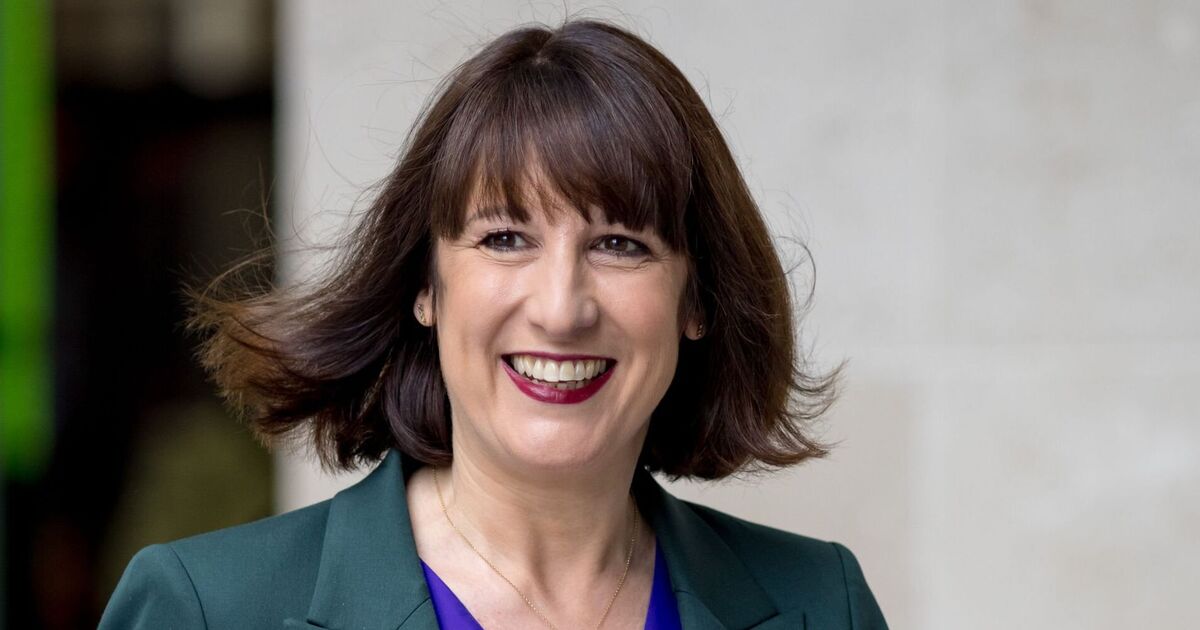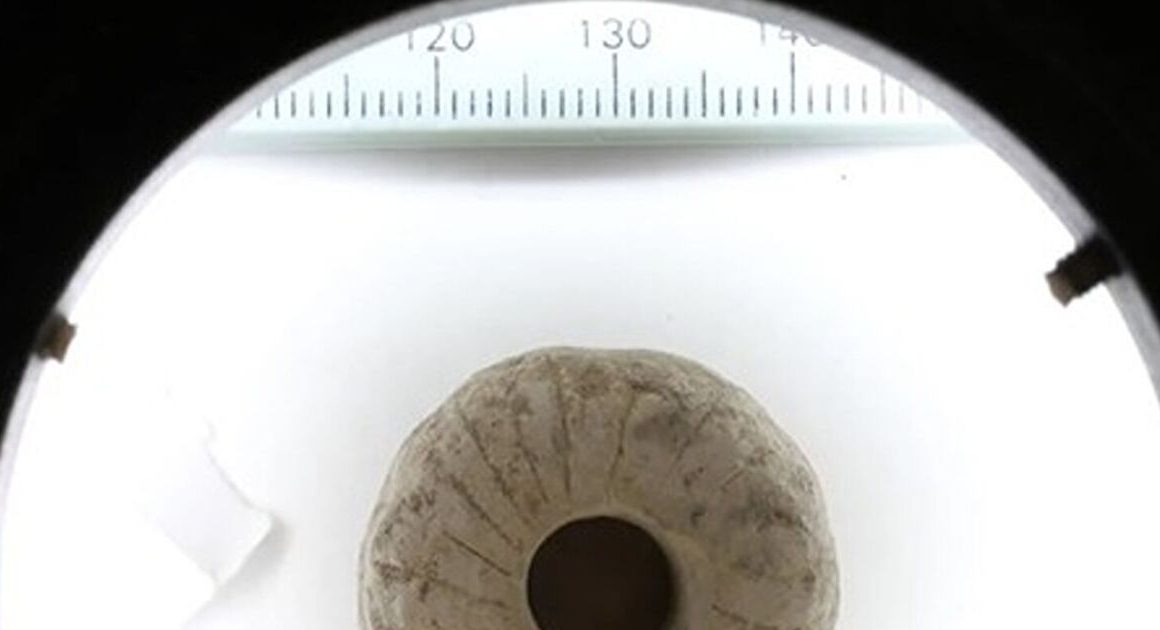HIKING inheritance tax could send family businesses to the wall and punish savers, experts have warned as Chancellor Rachel Reeves prepares to take “difficult decisions” in the autumn Budget.
Her refusal to rule out an increase in the so-called “death tax” has fuelled concerns that more families will face tax following a bereavement.
Shadow Chief Secretary to the Treasury Laura Trott said: “Despite knowing at the election the state of the finances, and pledging over 50 times during the campaign not to increase taxes on working people, Rachel Reeves’ hand is firmly now resting on the tax lever to fund her spending plans.
“When she pulls it, inheritance tax and capital gains tax are likely to be first in line. But these measures will do nothing but stifle growth and aspiration for hardworking people across the country.”
But champions of inheritance tax say the wealthy should contribute more to the country’s finances.
Dan Goss, a senior researcher with the think tank Demos, said: “In looking to fill the £20billion fiscal hole, inheritance tax is the right place for the government to start. Given that only a few of the most valuable estates are charged any tax, reforms could give a big boost to the public purse and bear no cost to the vast majority of Brits.”
He said that if the UK taxed estates at the same rate as South Korea did in 2022, at least £3.6billion more would have been raised.
But Maxwell Marlow of the Adam Smith Institute said: “We urge the Chancellor not to raise either inheritance tax or capital gains tax at the next Budget. She may feel that these are most politically easy taxes to single out, but doing so will cause a range of knock-on effects on the rest of the economy.”
He fears a tax hike would mean family-owned small businesses “which make up the backbone of our economy may go to the wall”
Daniel Herring of the Centre for Policy studies described inheritance tax as a “bad tax,” saying: “Extending its scope will only drag more and more middle class families into a tax trap that punishes aspiration and remains deeply unpopular with a majority of the British public.”
And Tom Clougherty of the Institute of Economic Affairs said it should be “preferably abolished altogether,” saying: “Many economists consider it a wildly inefficient way to raise money.”
But a Treasury spokeswoman said: “Following the spending audit, the Chancellor has been clear that difficult decisions lie ahead on spending, welfare and tax to fix the foundations of our economy and address the £22billion hole in the public finances left by the last government. Decisions on how to do that will be taken at the Budget in the round.”












